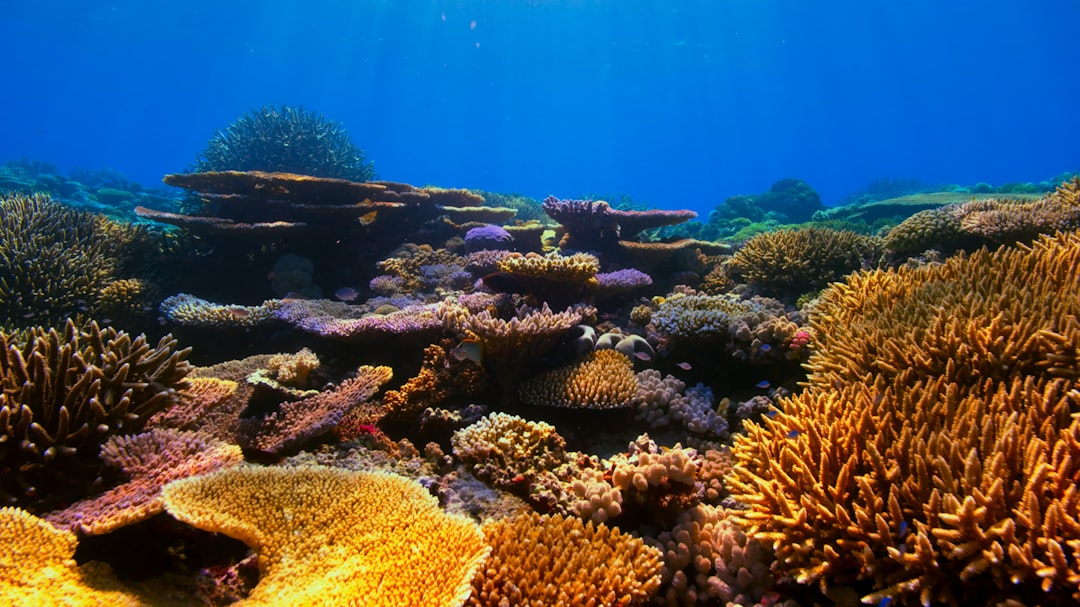**The increase in ocean acidification is a critical environmental issue that is capturing global attention due to its rapid acceleration.** This progressive acidification of our oceans is not just a separate environmental phenomenon; it is deeply intertwined with the health of marine life, human well-being, and the Earth’s entire ecological system. Understanding and addressing it is vital for sustainability and survival.
Ocean acidification refers to the reduction of pH levels in the world’s seas and oceans, caused primarily by the absorption of carbon dioxide from the atmosphere. As more CO2 is released through human activities, such as the burning of fossil fuels and deforestation, the oceans act as a carbon sink and absorb a significant portion of this gas. This absorption leads to chemical reactions that decrease the pH, making the water more acidic. Since the industrial revolution, the ocean’s surface pH has fallen by 0.1 units, translating into a 30% increase in acidity.
The implications of further acidification are dire. Marine life, particularly calcifying organisms like corals, shellfish, and certain plankton species, is extremely vulnerable. These creatures rely on calcium carbonate to form their shells and skeletons, but increased acidity dissolves calcium carbonate more readily, threatening their survival. This not only affects the biodiversity and balance of marine ecosystems but also impacts human industries. Fisheries and aquaculture, vital sources of food, economic activity, and jobs for millions worldwide, could collapse as critical species become threatened.
Furthermore, coral reefs, important biodiversity hotspots, act as buffers protecting coastlines from storms and erosion. With the threat of acidification and simultaneous warming waters, these vital ecosystems are facing unprecedented risks. The destruction of coral reefs could lead to losses in biodiversity, impacting tourism and the livelihoods of millions dependent on these ecosystems.
Addressing the root causes of ocean acidification is imperative. This requires a collective global commitment to reducing CO2 emissions drastically. Transitioning to renewable energy sources, promoting sustainable land use, and increasing energy efficiency are key strategies. Furthermore, protecting and restoring blue carbon ecosystems – such as mangroves, seagrasses, and salt marshes – can enhance carbon storage, providing a natural climate solution.
In research, it is critical to increase the monitoring of ocean chemistry changes and their ecological impacts. Enhanced scientific understanding will lead to more informed policy-making and better management of marine resources. Additionally, international cooperation and innovative financial investments will be crucial to undertake the necessary mitigation and adaptation strategies.
Human ingenuity and collaborative efforts can meet the challenge of ocean acidification. By investing in science, embracing sustainable practices, and fostering global partnerships, it is possible to protect our oceans and ensure the resilience of marine ecosystems and coastal communities.
As the world faces this urgent environmental alarm, the actions taken today can sustain the health of our planet and the future of generations to come.
Insight Report
Ocean acidification
















Leave a Reply